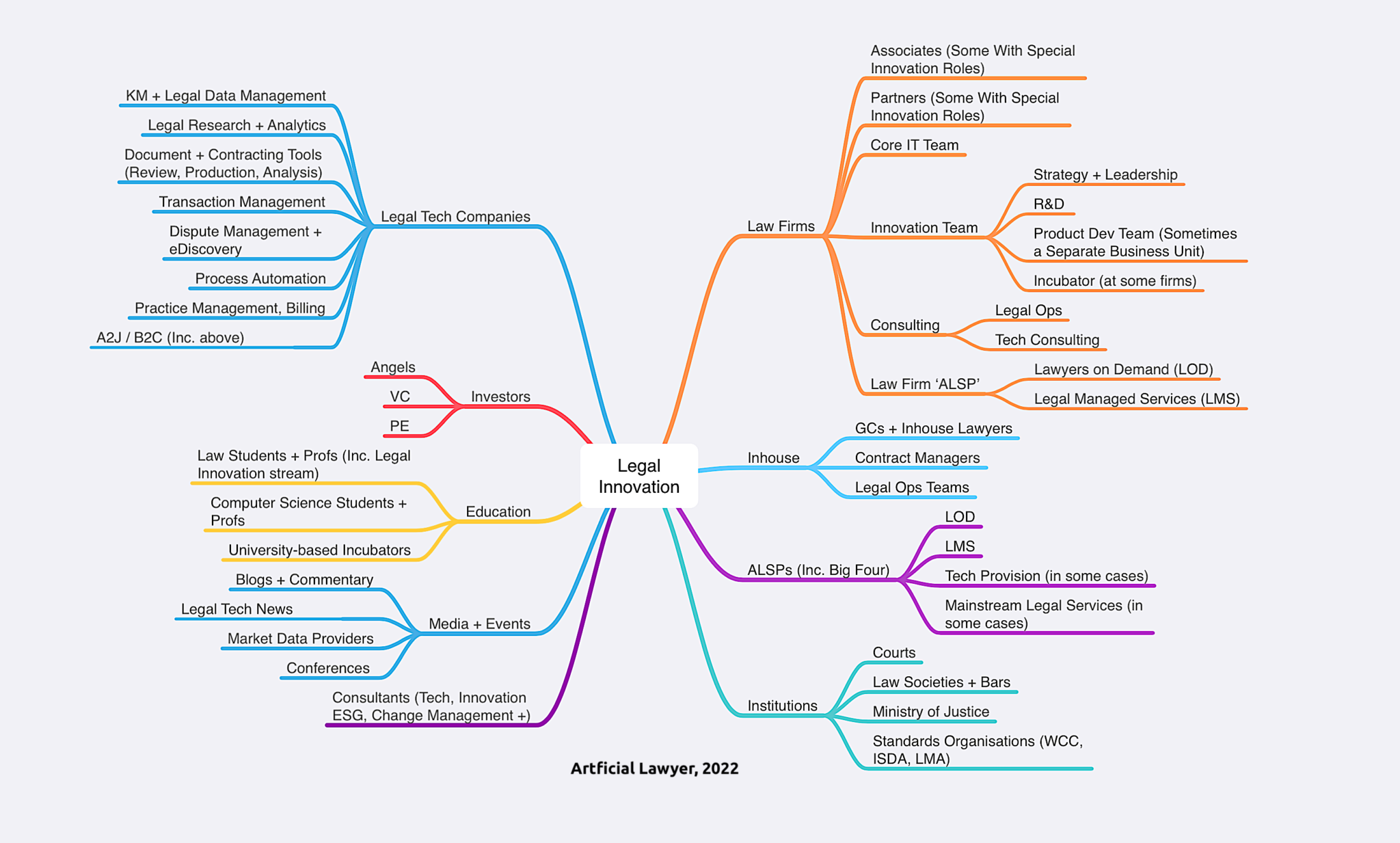2022 Winners of the LegalTech Breakthrough Awards — from legaltechbreakthrough.com
Categories include:
- Case Management
- Client Relations
- Data & Analytics
- Documentation
- Legal Education
- Practice Management
- Legal Entity Management
- Legal Research
- Online Dispute Resolution
- Contract Management
- eDiscovery
- Marketplaces
- RegTech
- Leadership
Also see:
- Soaring Travel Costs Put Lawyers Back on Zoom –– from kift.com Matthew Parsons
Rising airfares and travel costs are prompting legal professionals involved in dispute resolutions to return to video conferencing. - Global Dispute Resolution: The Future of Virtual Legal Proceedings Is Shaped by Soaring Travel Costs — from matlawreview.com
With the cost of international air travel rising sharply, remote hearings are a practical alternative to in-person proceedings. International travel is expensive, and the virtual option means that it is no longer necessary to count travel as a “cost of doing business” when pursuing an international dispute. The widespread use of technology in global dispute resolution proceedings gives attorneys and their clients the option to participate remotely, which is a compelling cost saver for all parties.
- Most debt lawsuits get decided without a fight. Michigan leaders want to change the rules. — from mlive.com by Matthew Miller
Excerpt:
Most of the 1.9 million debt collection cases filed in Michigan’s district courts over the past decade or so never went to trial. Usually, the defendants don’t show up to court, and debt collectors win by default, according to data compiled by the Michigan Justice for All Commission. In most cases, the courts end up garnishing defendants’ wages, income tax returns or other assets, sometimes on the basis of complaints that include little more than the name of the creditor, an account number and the balance due.
And both debt lawsuits and garnishment are more common for people living in primarily Black neighborhoods, regardless of their income.
Members of the Commission say Michigan’s rules around debt collection lawsuits don’t do enough to protect regular people, who sometimes don’t find out they’ve been sued until they see money coming out of their paychecks.
They say those rules need to change.
- World-first virtual legal clinic opens for business across BC, aiming to increase affordability, diversity and reach of legal professionals — from finance.yahoo.com by Access Pro Bono
An early participant in the Law Society of BC’s Innovation Sandbox, the Clinic offers the in-person and virtual help of 25 articling students located in 15 different BC communities —from Tofino to Cranbrook— with the support of 15 supervising lawyers, four staff and dozens of local mentors. Together, they provide fixed-fee services in a wide range of areas covering everyday legal problems.












